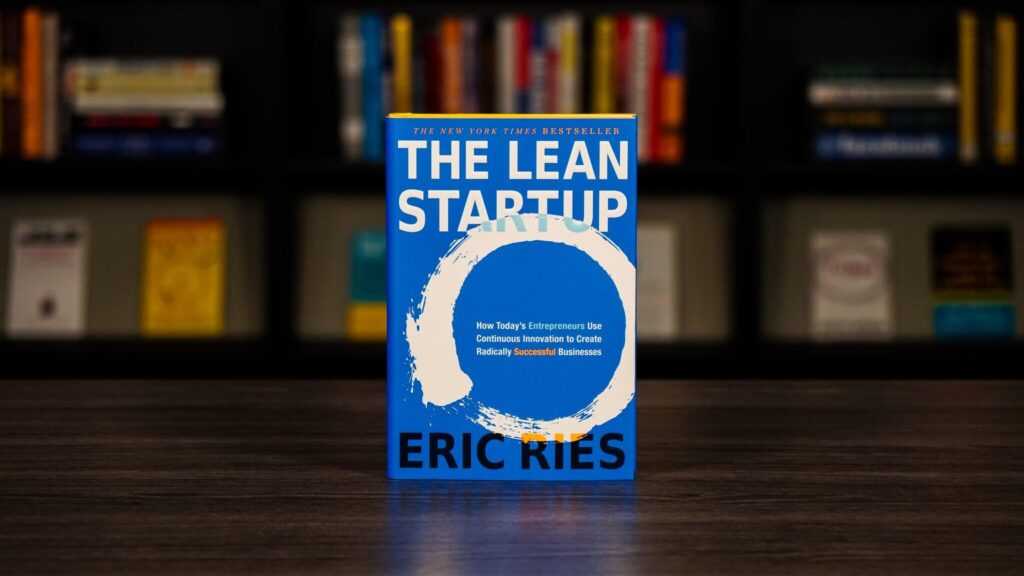An In-Depth Review of Eric Ries’ Bestselling Book

Mastering the Lean Startup Methodology: A Comprehensive Guide by Eric Ries is a groundbreaking book that revolutionizes the way entrepreneurs approach starting a business. It provides practical insights, proven strategies, and step-by-step guidance on how to build and scale successful startups using the lean startup methodology.
Key Takeaways
- The lean startup methodology emphasizes continuous learning and iteration to build a sustainable business.
- Validating assumptions and testing hypotheses through experimentation is essential for success.
- Building minimum viable products (MVP) allows entrepreneurs to gather feedback and iterate quickly.
- Effective management of resources, time, and energy is critical for startup success.
- Adopting a “pivot or persevere” approach helps entrepreneurs navigate through challenges and make informed decisions.
Overview of the Book
In Mastering the Lean Startup Methodology, Eric Ries shares his extensive experience as an entrepreneur and provides a comprehensive guide on how to apply the lean startup principles. The book is organized into three parts:
- Philosophy
- Principles
- Practices
Ries introduces the core concepts of the lean startup methodology, such as the build-measure-learn feedback loop and the concept of validated learning. He explains how to effectively manage experimentation and iteration, as well as how to leverage the principles of agile development and lean manufacturing in a startup environment.
Linking Training Profits
For entrepreneurs looking to boost their training profits, Mastering the Lean Startup Methodology can serve as a valuable resource. Eric Ries provides actionable insights and strategies that can help business owners optimize their training programs and maximize their revenue.
Frequently Asked Questions
1. What is the lean startup methodology?
The lean startup methodology is an approach to building and scaling startups that emphasizes learning, experimentation, and iteration. It encourages entrepreneurs to test their assumptions and hypotheses through quick and inexpensive experiments, gather feedback, and make data-driven decisions.
2. How can the lean startup methodology benefit entrepreneurs?
The lean startup methodology can benefit entrepreneurs in several ways:
- It helps them reduce the risk of failure by validating their assumptions and testing their business ideas before fully investing in them.
- It allows them to iterate quickly and adapt to market feedback, increasing their chances of building a successful and sustainable business.
- It promotes a culture of continuous learning and improvement, enabling entrepreneurs to stay ahead of the competition and identify new business opportunities.
3. Can the lean startup methodology be applied to other industries besides tech startups?
Yes, the lean startup methodology can be applied to various industries and business types. While it originated in the tech startup world, the principles and practices can be adapted to any business that aims to innovate, experiment, and drive sustainable growth.
Embedding Links for Creating an Online Course
Entrepreneurs interested in creating an online course can leverage the lean startup methodology discussed in Eric Ries’ book. The principles of experimentation, feedback, and iteration can be applied to develop and refine online courses to ensure they meet the needs of learners and generate revenue.
Embedding Links for Selling Courses Online
To sell courses online, entrepreneurs can utilize the lean startup methodology to validate the demand for their courses, iterate based on customer feedback, and continuously improve their offerings. Eric Ries’ book provides valuable insights into how to build and scale a successful business in the digital learning space.




